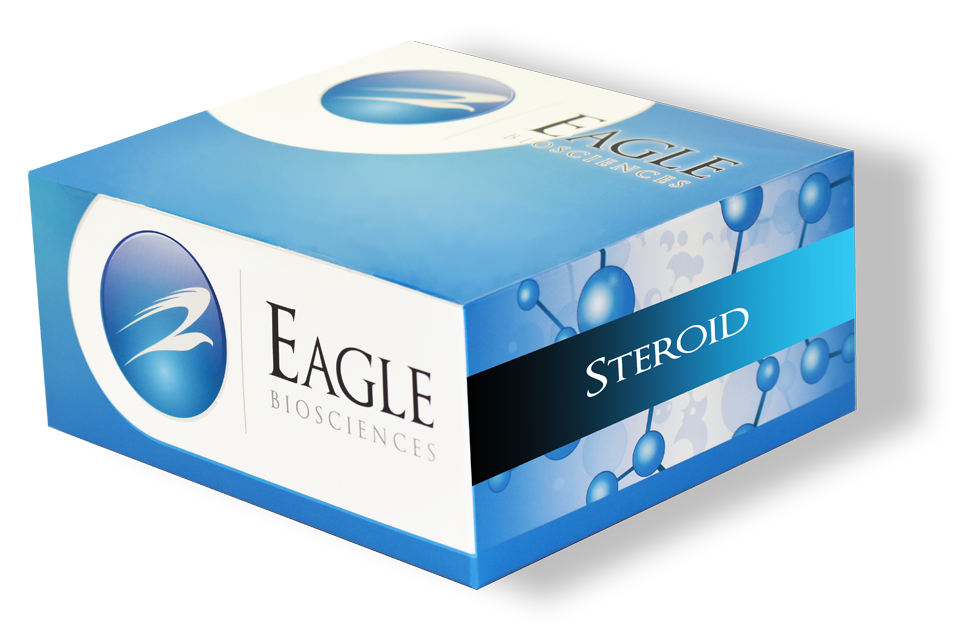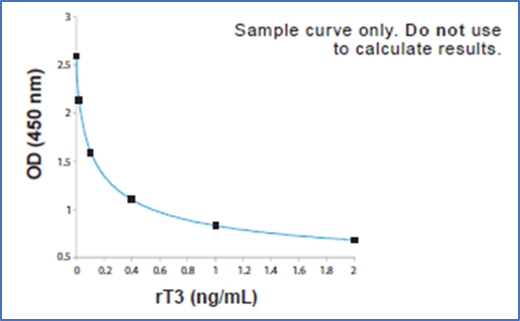Reverse triiodothyronine (rT3) is an inactive metabolite of the thyroid hormone thyroxine (T4). It is produced through the peripheral conversion of T4 by deiodinase enzymes, but unlike the active form triiodothyronine (T3), rT3 does not bind effectively to thyroid hormone receptors and therefore has minimal biological activity. The production of rT3 increases during certain physiological states such as illness, stress, or starvation, serving as part of the body’s adaptive response to conserve energy by reducing metabolic rate.
In clinical and research settings, rT3 measurement is used primarily to help differentiate types of thyroid dysfunction and non-thyroidal illness syndrome (also known as “euthyroid sick syndrome”), where altered thyroid hormone metabolism occurs without intrinsic thyroid disease. Elevated rT3 levels alongside low T3 levels can indicate this syndrome, which is common in critically ill patients. Additionally, rT3 assays contribute to understanding thyroid hormone metabolism and its alterations in various diseases. Although less commonly used than T3 and T4 testing, rT3 provides valuable insight into thyroid function and systemic metabolic adaptation in both research and clinical contexts.
This product is manufactured in USA by Eagle Biosciences.


